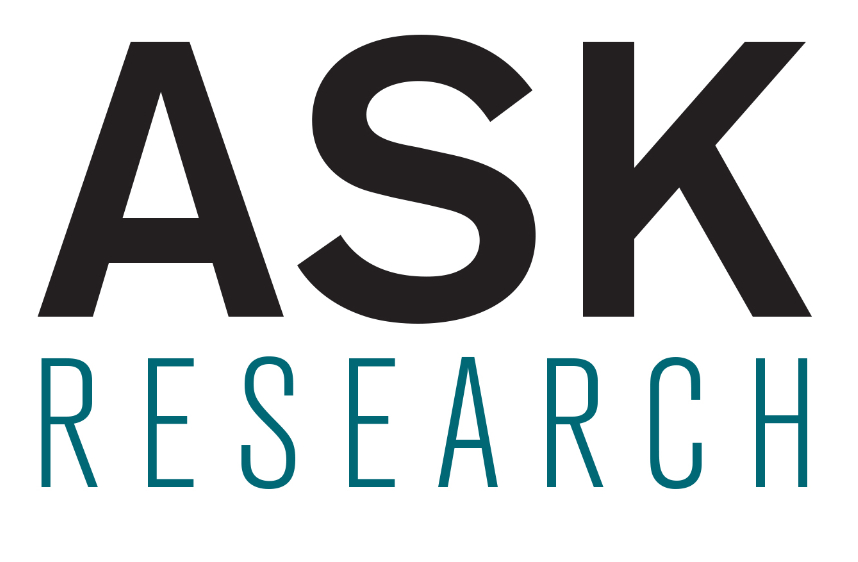Mapping the Education, Health and Care planning process for learners with SEND
Statements of SEND have been replaced with EHC plans, based on a new process set out in the Children and Families Act 2014 and SEND Code of Practice 0-25. Consulting practitioners and families of children and young people with SEND we produced guidance for developing services based on families needs.
Have a look at the online resource we devised including practice checklists and please get in touch if you would like support with developing your local process and/or getting family feedback on your service.
Promoting Traineeships
In collaboration with the Learning & Work Institute and Essex County Council we will be supporting the development of traineeships for learners with SEND, to increase the take-up of supported post-16 vocational provision.
Pupil Premium: Articulating success and good practice
Funded by the DfE in collaboration with NFER and Professor Steve Higgins from Durham University this project investigated the differences between schools in the performance of pupils from disadvantaged backgrounds to identify:
- Whether there are any common features of schools that have narrowed the gap successfully.
- Whether there are any possible groups/clusters that have narrowed the gap, and why this is the case.
- What schools that have narrowed the gap are doing compared to other schools. What leads to them doing well? What lessons can be learnt from them?
Out of school activities and the education gap
This project, funded by the Nuffield Foundation and in collaboration with NatCen and the University of Newcastle, will investigate how children aged 5-11 spend their time outside of school, and the implications for their academic attainment.
The researchers will analyse the latest data from the Millennium Cohort Study (MCS) and Growing Up in Scotland, with MCS data linked to the National Pupil Database. They will also conduct interviews with parents, children and activity providers, to get a better understanding of the factors that influence how children spend their time, and how activities might affect children’s learning and development.
In addition, the researchers will be using a novel approach of building logic models to investigate the strength of different academic theories in explaining any impacts and differences found.
Childminders views of providing funded early education
From 2017 local authorities will be offering 30 hours a week of funded childcare for working parents. This project explored the business models of childminders, their current knowledge and provision of 15 hours funded childcare and their perceptions and likely behaviour once the 30 hours offer is brought in.
Education Endowment Foundation (EEF) Toolkit case studies
The EEF Teaching & Learning toolkit is widely used by schools looking for evidence informed approaches to raising the attainment of their disadvantaged pupils. ASK Research is interviewing primary and secondary schools to explore the steps they took to implementing strategies and producing case studies to help others achieve success.
The Literacy Octopus: Evaluation of best practice in communicating and engaging schools with literacy research
Four interventions will help to supply teachers with ways of improving their practice using evidence-based materials. Each intervention will offer varying levels of support, from light touch sharing of materials, to more active support through CPD sessions and online help. Through an RCT design the evaluation will test the different ways that these materials are communicated and delivered.
ASK Research is working with NatCen Learning and ResearchEd to:
- deliver a conference for primary school teachers exploring relevant research about literacy education
- establish an online community offering support and activities before and after the conference to help them use research findings in their own schools




